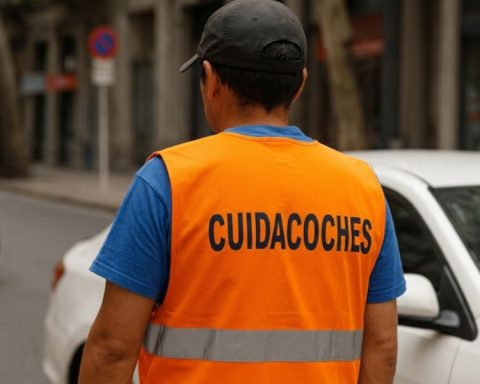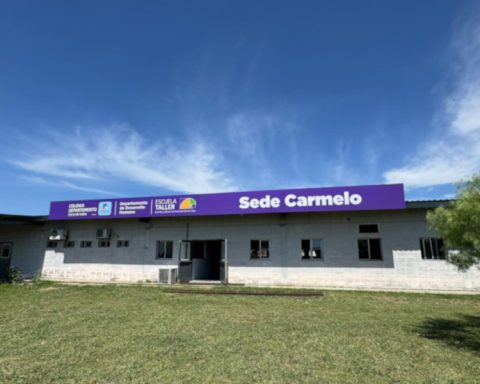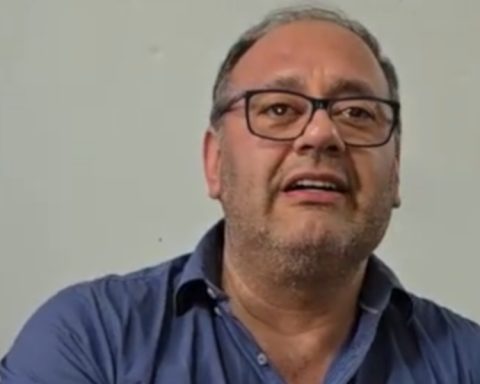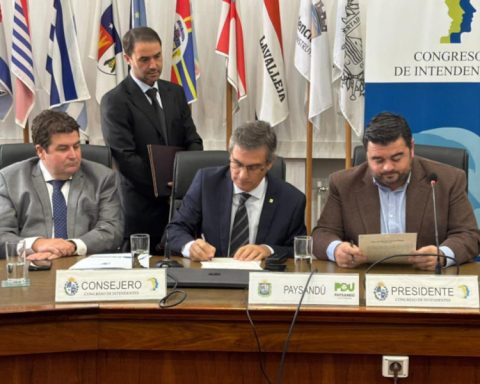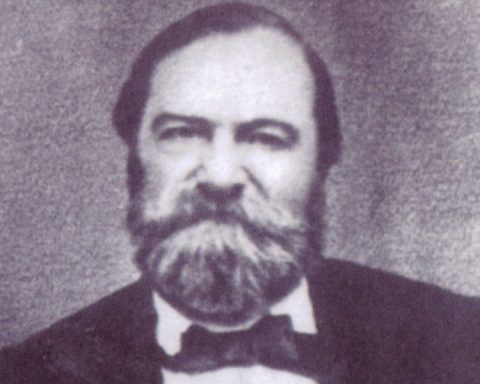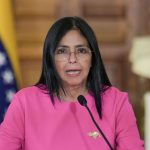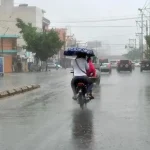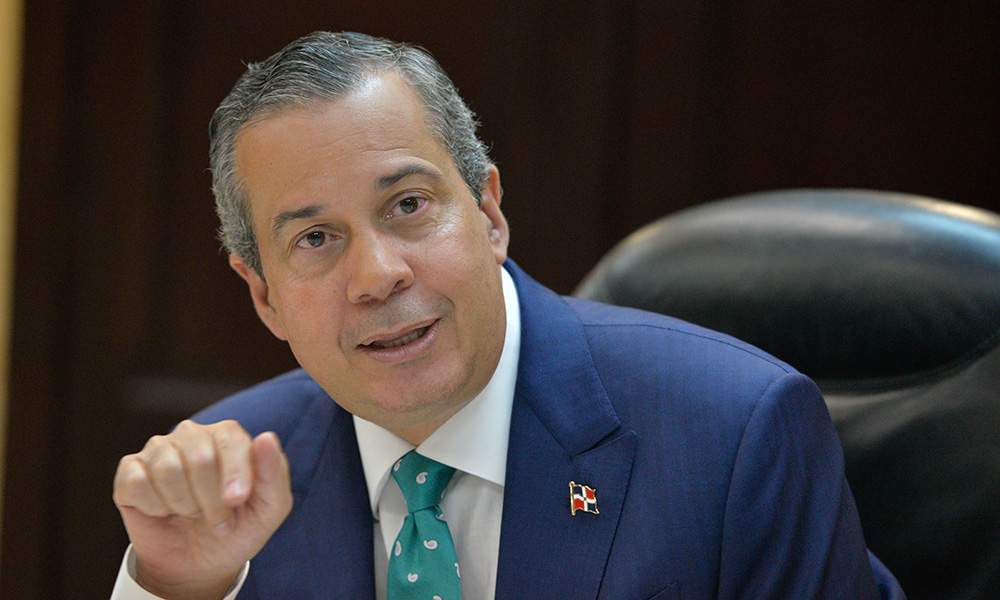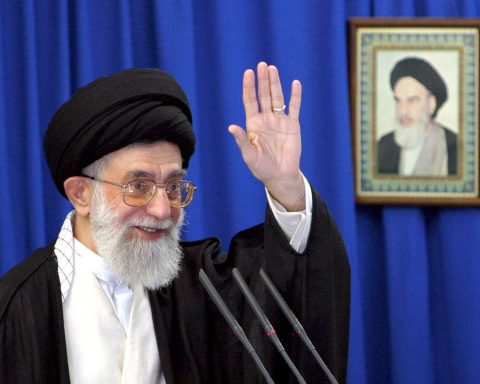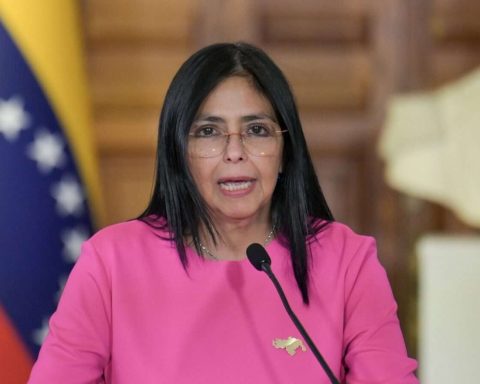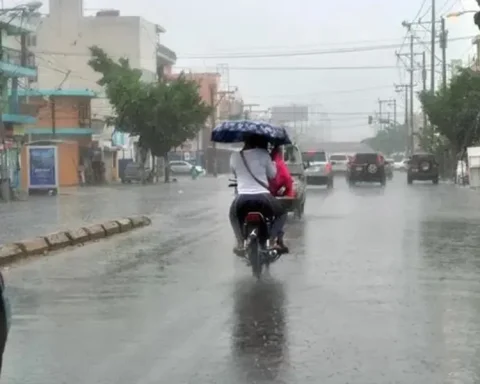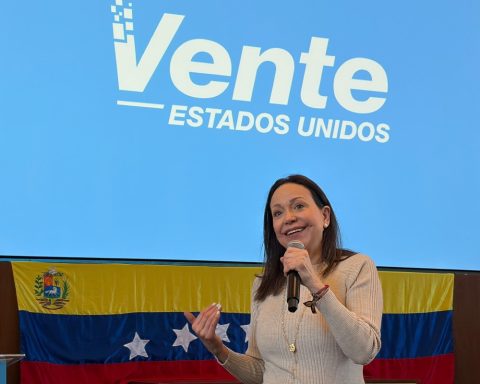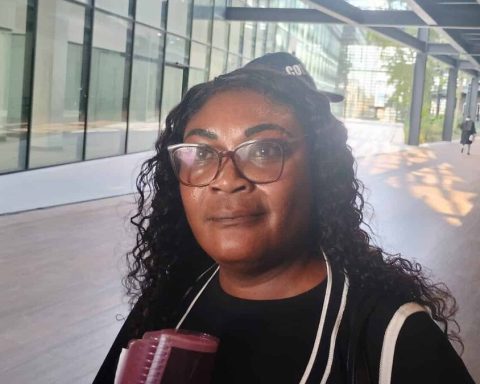The Investigative Commission that in Deputies investigates the complaints about the alleged irregular justification of absences by Secondary teachers faces a challenge: to get those summoned to agree to go to Parliament to report on the matter. This situation was recurrent throughout the entire period of action, but it was accentuated in this last section, especially after the decision of the legislators of the Broad Front of no longer attend sessions, under the argument of not wanting to continue accompanying the “political circus” set by the ruling party.
It was also fueled by the systematic refusal of various summoned members of the National Federation of Secondary Education Teachers (Fenapes), who allege “lack of guarantees”.
The situation reached such a point that the commission decided to ask the secretariat to carry out a survey to know, effectively, how many of the guests attended and how many were left without attending.
Help will also be requested from the General Directorate of Secondary Education in order to solve a practical problem: en some cases, the deputies even lack addresses, telephone numbers or any means of contact for the people they intend to summon.
The issue was discussed this Monday in the last session of the commission, which again suffered desertions or absences, with or without notice, of several people who were intended to be interrogated.
As soon as the meeting began, two withdrawals were reported. Among them, again, the former president of the Central Board of Directors (Codicen), Wilson Netto. The commission had decided to summon him again, after in September of last year the former chief alleged that “I have nothing to contribute to the parliamentary investigation process.” The argument was that the issue was already the subject of an administrative investigation by the Secondary School.
On the day there were other negatives. The researcher had summoned María de Lourdes Acosta, a retired teacher. Minutes before the session, the former teacher confirmed via email that she would not attend. The same thing happened with the teacher Sandra Amorena, who had previously confirmed but of whom there was no further news.
But the most striking situation was related to Marcel Slamovitz, the leader of the National Federation of Secondary Education Teachers (Fenapes), one of the main parties involved in the irregular use of licenses, allegedly covered by the Teaching Statute.
There were two contacts by the secretary of the commission with that teacher. There, according to the minutes, he was notified of the “interest” and “importance” of his presence. At the second invitation, Slamovitz stated that “he was evaluating with his lawyer” the possibility of appearing. In a third attempt, a few days ago, to obtain his confirmation or dismissal, the union leader remarked that “had not yet defined his position” and that he would report it electronically.
Already advanced the meeting of this Tuesday, Slamovitz followed without giving answer. “Perhaps with the passing of the session an email with a message from the professor may arrive,” the president of the researcher, the nationalist Alfonso Lereté, expressed hope. The deputy wanted to record that he insisted via cell phone to be able to contact the teacher. “Luck was elusive.”
The deputies consider Slamovitz’s testimony to be fundamental in order to know “from his own voice” everything related to the matter. Especially since the General Directorate of Secondary Education confirmed last month that he was removed from his position and 50% of his assets withheld, within the framework of the administrative investigation that follows him for the use of irregular licenses. This was ratified last week before the commission by the secretary general of the organization, Bautista Duhagón, who excused himself from giving more details protected by the reservation of the case, which is ongoing.
The commission had to content itself this Monday with the testimony of Professor Leonela Martínez, the only one who attended. In 2017, she had been the deputy director of Liceo 3 de San José, a department where most of the investigated events occurred. She today works as a teacher of visual and plastic education in Lyceums 16 and 53 of the capital.
According to what she stated, in her capacity as deputy director, her role was not to justify absences. “I was aware of the situation, obviously, but I don’t know who the teachers involved were,” clarified.
Martínez was shown the form used by teachers to justify absences. “I don’t know this document,” he admitted, although he did recognize that it was the “certainty” presented by the teachers.
Consulted by the legislators, she maintained that at that time there were several doubts in this regard, raised by directors of the San José high schools to the then Secondary School inspector, Jorge Barrera. “Honestly, I don’t remember if we got a response,” Martinez said. The former deputy director pointed out that she sent a note to the agency requesting instructions, although she said she did not know if she received a response.
a long list
The situation that the commission is going through is attributed in the ruling party to a concerted action between the Broad Front and the teachers’ union leaders. To the point that, last week, the Colorado deputy Gustavo Zubía had spoken of a “clamp operation” between the political opposition and the union.
Last week, Ana Olivera Recarte, who between 2018 and 2020 led the Secondary Education Council, had refused to appear. In her case, she gave several reasons. On the one hand, that she is retired from teaching and in a retirement situation; on the other, that the complaints about irregular licenses are already under administrative investigation by the educational authorities; third, that in the investigative commission “not all the political forces of the republican democratic system are present”, in reference to the Broad Front.
The same was said by the general secretary of Fenapes, Emiliano Mandacen, who argued “lack of guarantees” in the commission. He also declined the invitation Javier Landoni, former High School counselor and who, like Slamotivz, was sanctioned by the body.
The refusal also included former minister María Julia Muñoz who in February, after having previously confirmed it, refused to attend. In her case, in addition to labeling the commission “undemocratic,” she maintained that in her role as minister she limited herself to setting the “general management guidelines,” for which she “could not and should not” interfere with the controls of assistance from faculty and council staff.
